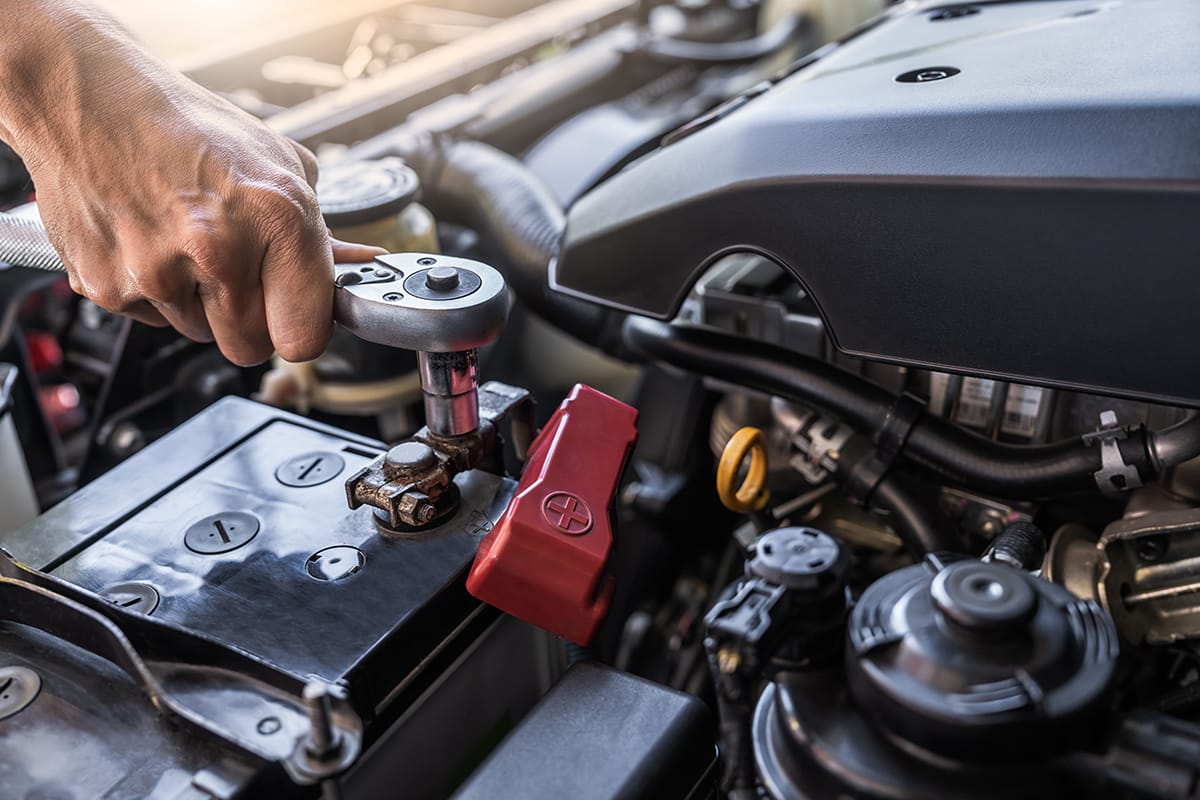
Modern vehicles rely heavily on electrical systems to power essential functions and convenience features, from starting the engine to operating the infotainment system. When electrical issues arise, they can range from minor inconveniences to critical problems that render your car inoperable. Identifying and troubleshooting these issues early can save you time, money, and frustration down the road.
Common Signs of Electrical Problems
The first step in addressing electrical issues is recognizing the warning signs. Common indicators include:
- Dim or flickering headlights: This often signals a problem with the battery, alternator, or wiring.
- Difficulty starting the car: A slow or unresponsive engine crank could point to a weak battery, a failing starter motor, or a compromised ignition switch.
- Unresponsive power features: Malfunctioning windows, locks, or infotainment systems could indicate a blown fuse or a wiring issue.
- Dashboard warning lights: Illumination of the battery, check engine, or other warning lights suggests underlying electrical faults.
- Burning smells or unusual noises: These could signal short circuits, overheating wires, or failing components like the alternator.
Troubleshooting Steps
- Inspect the Battery
The battery is often the root cause of many electrical problems. Begin by checking the battery terminals for corrosion or loose connections. If the battery is over three to five years old, it may be time for a replacement. Use a multimeter to test the voltage; a healthy battery should read around 12.6 volts when the engine is off and 13.7 to 14.7 volts when the engine is running. - Check the Alternator
The alternator charges the battery and powers the electrical system while the engine is running. A failing alternator can cause dim lights, drained batteries, or stalling. If you suspect an alternator issue, have it tested at an auto repair shop like Metro Motor or use a multimeter to check its output. - Inspect Fuses & Relays
Blown fuses are a common cause of power loss to specific features like headlights, radios, or power windows. Locate the fuse box (usually under the dashboard or in the engine compartment) and check for any blown fuses. Replace them with fuses of the same rating to restore functionality. - Examine Wiring & Connections
Damaged or loose wires can disrupt electrical flow. Look for frayed or exposed wires, particularly around areas prone to movement or moisture. Tighten loose connections and use electrical tape or heat-shrink tubing to repair minor damage. - Test the Starter & Ignition System
If your car has trouble starting, the starter motor or ignition switch might be at fault. Listen for a clicking sound when turning the key – this often indicates a starter issue. For the ignition switch, ensure it’s functioning properly and making consistent electrical contact. - Investigate Unusual Smells or Sounds
Burning smells or buzzing sounds may point to overheating components or short circuits. Disconnect the battery immediately and consult a professional mechanic if you detect these signs.
When to Seek Professional Help
While some electrical issues can be resolved with basic tools and troubleshooting, others require specialized knowledge and equipment. Complex problems, such as those involving the vehicle’s computer systems or advanced wiring, should be handled by a qualified, ASE-certified technician. Additionally, if troubleshooting doesn’t resolve the issue or you’re unsure about any step, it’s best to consult a professional. Roll into Metro Motor (or have your vehicle safely towed to us) and our expert mechanics will take a look and recommend any needed repairs to get you back on the road.
Preventative Measures
To minimize the risk of electrical problems, follow these tips:
- Perform regular battery maintenance, including cleaning terminals and checking voltage.
- Avoid overloading the electrical system by using too many accessories at once.
- Have your alternator and starter inspected during routine maintenance.
- Address warning lights and unusual symptoms promptly.
By staying vigilant and addressing electrical issues early, you can keep your car running reliably and avoid unexpected breakdowns. Whether it’s a simple fuse replacement or a more complex repair, understanding your vehicle’s electrical system is key to keeping it in top condition.
Vehicle care information made available by Metro Motor is presented as helpful advice for general maintenance and should not be construed as instructions for at-home vehicle service. Be sure to consult your owner’s manual and a licensed, professional mechanic for diagnostics and repair.
